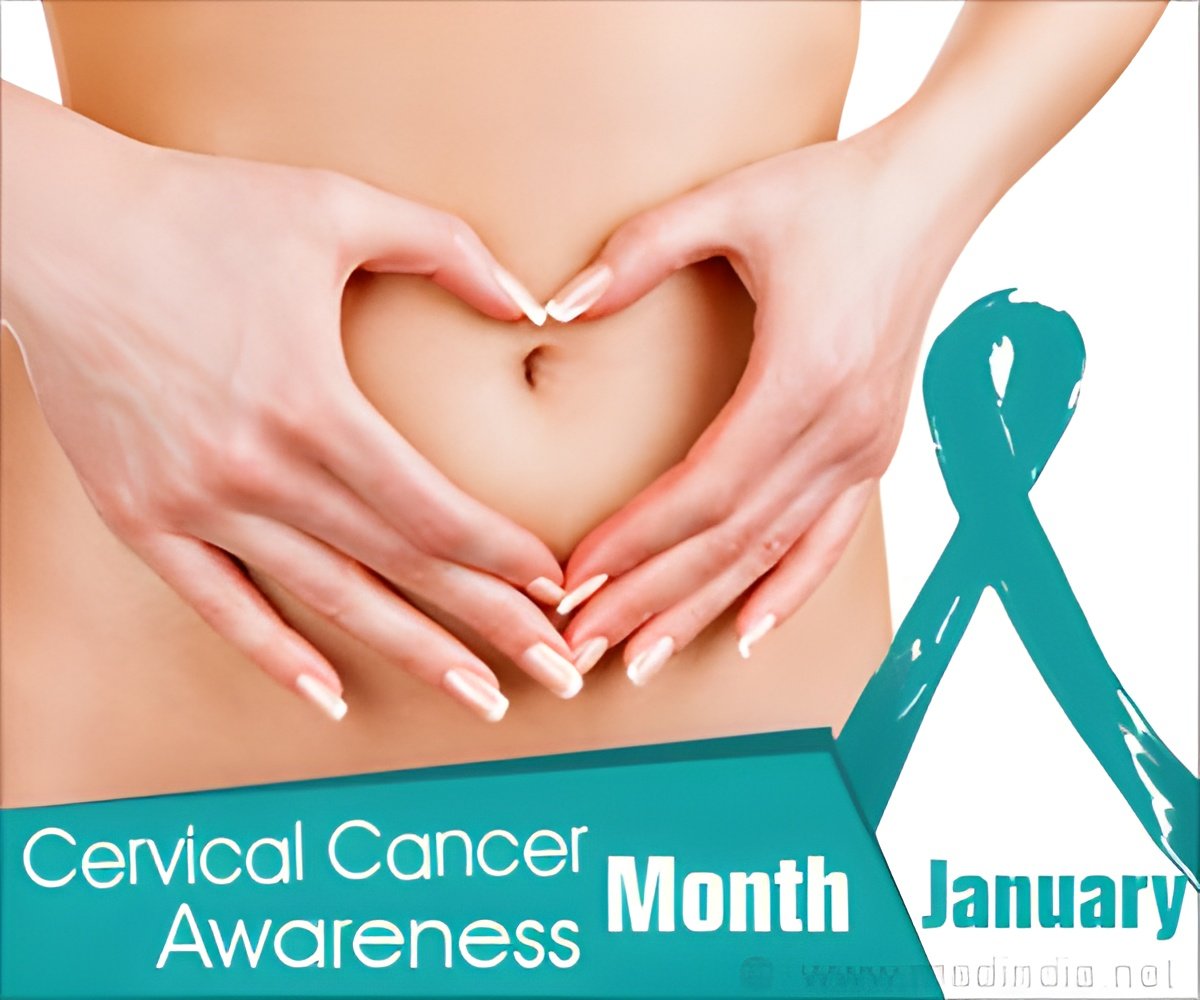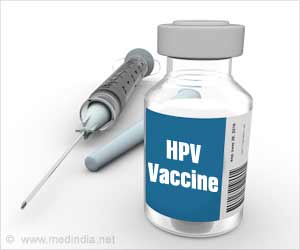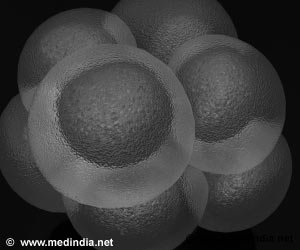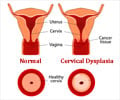Those women who have been vaccinated against HPV need less-intensive screening which can be started later.

‘Discontinuing intensive screening practice for cervical cancer, especially in women who are HPV vaccinated, will help cut excessive costs and the health risks associated with it.’





Most cases of cervical cancer is caused by human papillomavirus (HPV). Those women who have been vaccinated against HPV need less-intensive screening because the risk of these women developing cervical cancer is quite low.The study will appear in the Journal of the National Cancer Institute (JNCI).
"This analysis enabled us to examine what would happen if we shifted from the current way we screen for cervical cancer--essentially, recommending the same type of screening for all women--to screening that takes into account whether women have been vaccinated against HPV and therefore face a substantially lower risk of cervical cancer," said Jane Kim, professor of health decision science at Harvard Chan School. "We found that continuing intensive screening among HPV-vaccinated women yields excessive costs and harms with little to no health benefit."
The Harvard Chan researchers developed a disease simulation model to estimate the risks and benefits of various screening protocols. Their model projected the health and economic effects of three different types of HPV vaccines that are currently approved for use, two of which have been available since 2006. The goal was to pinpoint screening strategies that would provide the biggest health benefit in the most cost-effective way.
According to the model, women with the lowest risk of cervical cancer--those vaccinated with the new nonavalent HPV vaccine (HPV-9), which targets seven types of HPV that cause nearly 90% of all cervical cancers, would only need screening four times in their life, every 10 years, starting at age 30 or 35.
Advertisement
The researchers also found that screening with HPV testing alone would provide similar health benefits and value as a Pap test or co-testing, because the HPV test is highly sensitive and can more efficiently identify women who are likely to develop cervical cancer.
Advertisement
Source-Medindia















